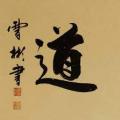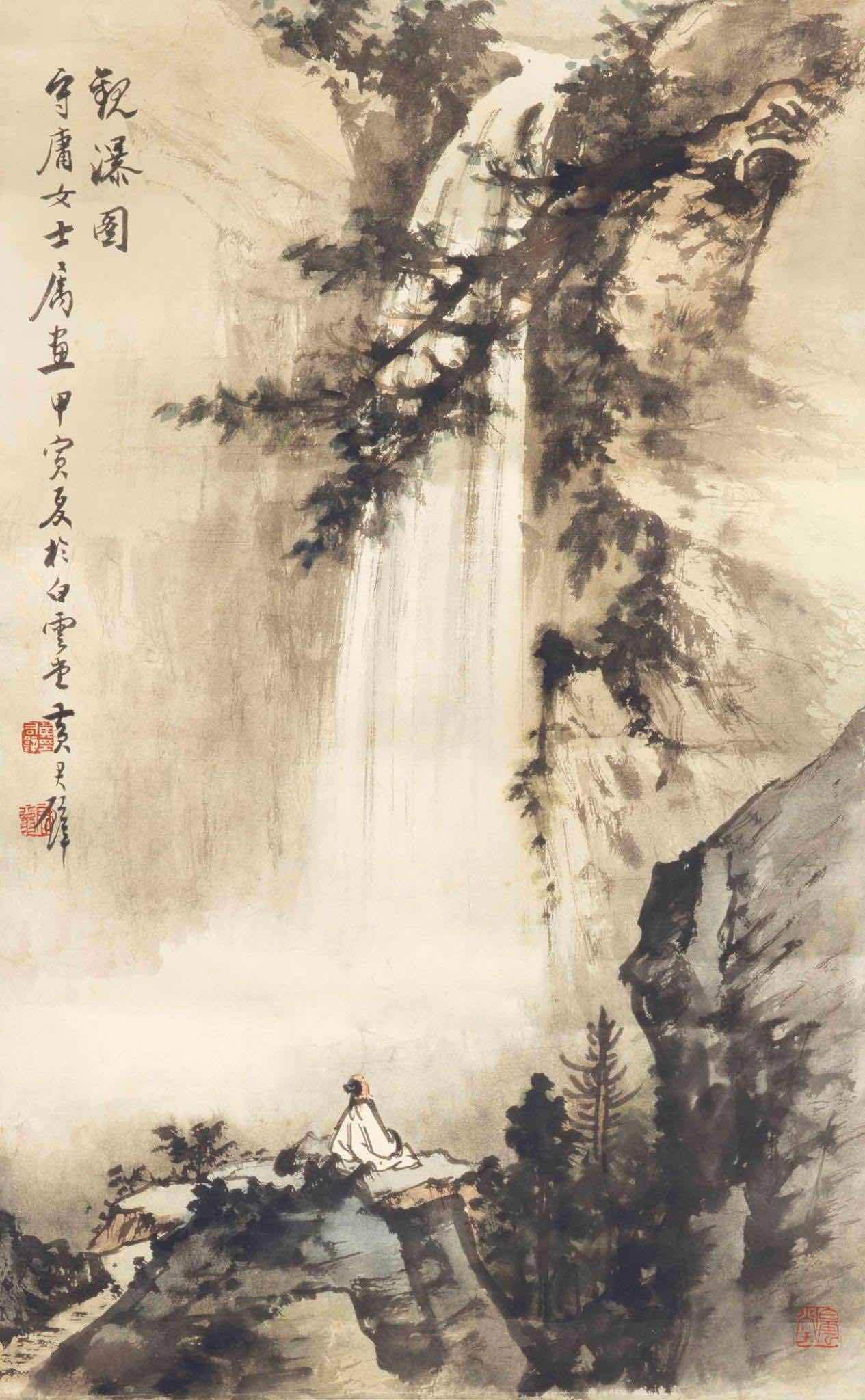2. The Only Constant: Change and the "Yi Jing"
Early Chinese philosophers were deeply aware of a world that is constantly changing. We consider how they responded to uncertainty about change.
Themes:
A. Bárcenas, “Han Fei’s Enlightened Ruler,” Asian Philosophy 23 (2013), 236–59.
S.C. Chen and M.C. Liao, “帛書” 《二三子問》、《易之義》、《要》釋文 (“Silk manuscripts, “Two or three disciplines asked,” “Properties of the changes,” and “Yao” Interpretations”), 道家文化 (Daoist Culture), 3 (1993), 424-35.
P. Goldin “Persistent misconceptions about Chinese ‘Legalism’,” Journal of Chinese Philosophy 38 (2011), 88-104.
D. Keightley, Sources of Shang History: The Oracle-Bone Inscriptions of Bronze Age China, (Berkeley: University of California Press, 1978).
D. Knechtges, “Yi Jing易經 (Classic of Changes),” in D. Knechtges and T.P. Chang (eds.), Ancient and Early Medieval Chinese Literature: A Reference Guide, Part Three. (Leiden: Brill, 2014), 1877–96.
Y. Pines, “Submerged by Absolute Power: The Ruler’s Predicament in the Han Feizi,” in P. R. Goldin (ed.), Dao Companion to the Philosophy of Han Fei, Dao Companions to Chinese Philosophy, (Dordrecht: Springer, 2013), 67–86.
Y. Pines, “Worth Vs. Power: Han Fei’s “Objection to Positional Power” Revisited”, Asiatische Studien - Études Asiatiques 74 (2020), 687-710.
L. Raphals, Divination and Prediction in Early China and Ancient Greece, (Cambridge: Cambridge University Press, 2013).
L. Raphals, “Wheelright Bian: A Difficult Dao”, in K. Lai and W.W. Chiu (eds.) Skill and Mastery: Philosophical Stories from the Zhuangzi, (London: Rowman and Littlefield, 2019), 129–42.
E. L. Shaughnessy, Unearthing the Changes: Recently Discovered Manuscripts of the Yijing and Related Texts, (New York: Columbia University Press, 2014).
E.L. Shaughnessy, The Origin and Early Development of the Zhou Changes, (Leiden: Brill, 2022).
Stanford Encyclopedia: Chinese Philosophy of Change






Comments
Transcripts
Hello, I have enjoyed your podcast for years and would like to know if you have plans to provide transcripts of the podcasts? I know it would be a time consuming chore, but it would be useful.
In reply to Transcripts by Gavin McArthur
Transcripts
Yes and no, but kind of yes and yes. If you look at the bottom of the page you'll see transcripts for the interview episodes, this is almost all of them (a few old ones that still need work plus a few newer ones). The scripted episodes appear as books with Oxford University Press; also see the link at the bottom!
Pronunciation
It's so weird hearing the Mandarin pronunciations of these terms, when I'm used to hearing them mostly with a Cantonese pronunciation.
In reply to Pronunciation by Joshua Hillerup
Mandarin vs Cantonese
I can't tell if you're teasing me for my no doubt terrible attempt to pronounce Chinese? But if you're serious then I guess my even managing to make it recognizably Mandarin is a win!
Add new comment